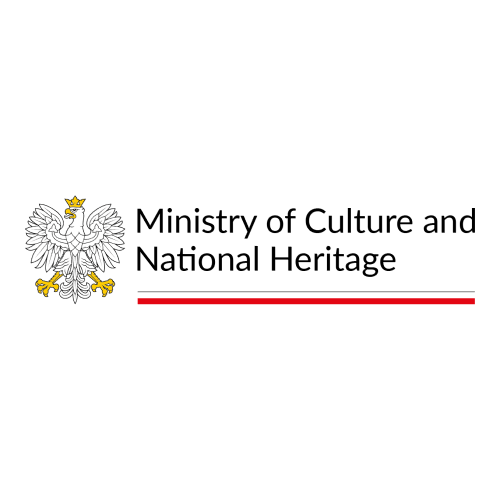La forza del destino
Giuseppe Verdi
Leave us your e-mail and get notified if more tickets for this event become available. Click GET AVAILABILITY NOTIFICATION next to the listing here.
Opera in four acts
Libretto: Francesco Maria Piave after Don Álvaro by Ángel Pérez de Saavedra and Friedrich Schiller
World premiere: 10 November 1862, Saint Petersburg; second version: 2 February 1869, Milan
Premiere of this production: 13 January 2023, Polish National Opera, Teatr Wielki, Warsaw
Co-produced with the Metropolitan Opera, New York
In the original Italian with Polish and English surtitles
Giuseppe Verdi’s La forza del destino starts with a scene of Donna Leonora and Don Alvaro’s moonlight tryst which is suddenly interrupted by the girl’s father, Marchese di Calatrava. Alvaro draws a pistol, most probably one with a flintlock mechanism, because that was what used in the 18th century. The weapon accidentally goes off and the stray bullet kills the old man on the spot. Horrified, the lovers run away in opposite directions, although their original plan was to elope together. If this reminds you of Mozart’s Don Giovanni and the Commendatore’s death by the hand of his daughter’s seducer, your intuition is correct. A certain Duke of Rivas, the author of the Spanish play that served as the basis for Verdi’s opera, drew literary inspiration from Tirso de Molina and his Don Juan, in which the Commendatore’s name is Calatrava and which also takes place in Seville. But that’s where similarities end – Don Alvaro is not a frivolous seducer but a descendant of Inca kings and a man madly in love with Donna Leonora, who requited his feelings. As a man of ‘mixed race’, as he is seen by the Spanish nobles, he is not worthy of her hand. That is why, the girl’s brother, Don Carlos di Vargas, takes up a chase after the couple, certain that the sister has brought dishonour upon the family and deserves death. Driven by a pitiless desire for revenge, he acts like a contract killer – he will not rest until he eliminates the culprits. The opera culminates in a dramatic trio for soprano. tenor and baritone, and the work ends with the fulfilment of the destiny foretold by the wonderful overture.
La forza del destino is the first in a series of operas written by Giuseppe Verdi (1862–1869) following international commissions. After the successes of Rigoletto, Il trovatore and Un ballo in maschera, after the triumph of talent that took the form of La traviata but was not immediately recognised by his contemporaries, Verdi ended his ‘galley years’, as he himself dubbed the period in the course of which he toiled like a drudge, writing one opera after another, always chasing new commissions from theatres hungry for new pieces to put on. In those days opera houses relied more on newly written works than classics.
When Verdi’s fame spread beyond Italy’s borders, he wrote La forza del destino for the tsar’s imperial theatre, Don Carlos for Paris, and Aida for the khedive of Egypt. To think that he’d wanted to put down his pen like Rossini or at least take a two-year break from writing! When the request came in from the imperial court, he decided to accept the challenge. As material for the opera he chose 1835’s family drama penned by Ángel de Saavedra, Duke of Rivas titled Don Álvaro, or the Force of Fate. The composer was captivated by the tragic conflict of two reasons: honour and heart. As his librettist he chose Francesco Maria Piave, the man he collaborated with on Rigoletto, La traviata and Simon Boccanegra. The two did not know that La forza del destino would be their last joint project.
The work opened in Saint Petersburg in the autumn of 1862. It was enthusiastically received by the audience and less so by the Russian critics. Russian nationalists openly opposed it: they’d much rather see Russian opera receiving more support. Verdi was not fully satisfied either: he decided to introduce some dramaturgic and musical alternations, changing the circumstances of Carlos and Alvaro’s duel and Donna Leonora’s death, among other things. The final version was shown in 1869 at La Scala. The whole crowd clapped and cheered except from one man who booed, yet he was the one that Verdi remembered and that put the composer in ill humour.
La forza del destino is considered to be a bit too elaborate, inhabited by an abundance of episodic characters, such as the gypsy Preziosilla (a mezzo should have some lines to sing!), and overflowing with events that were beyond the bounds of possibility. Despite all that, it has not disappeared from the world’s opera stages, never losing its appeal. The best proof is this staging directed by Mariusz Treliński produced jointly by the Metropolitan Opera in New York and the Polish National Opera in Warsaw. La forza del destino will be Mr Treliński’s third work to be shown at the Met, after a double bill of Tchaikovsky’s Iolanta and Bartók’s Bluebeard’s Castle, and Wagner's Tristan und Isolde.
-
Time is measured by
-

Cast
Credits
Chorus and Orchestra of the Polish National Opera
Sponsors
-
Partnerzy Akademii Operowej
-
Partnerzy Teatru Wielkiego - Opery Narodowej
-
Partner technologiczny
-
Patroni medialni
-
Partnerzy koktajlu
-
Partner of the premiere
-
Partners of the Opera Academy
-
Partners of Teatr Wielki – Polish National Opera
-
Technological partner
-
Media patrons
-
Partner of the event





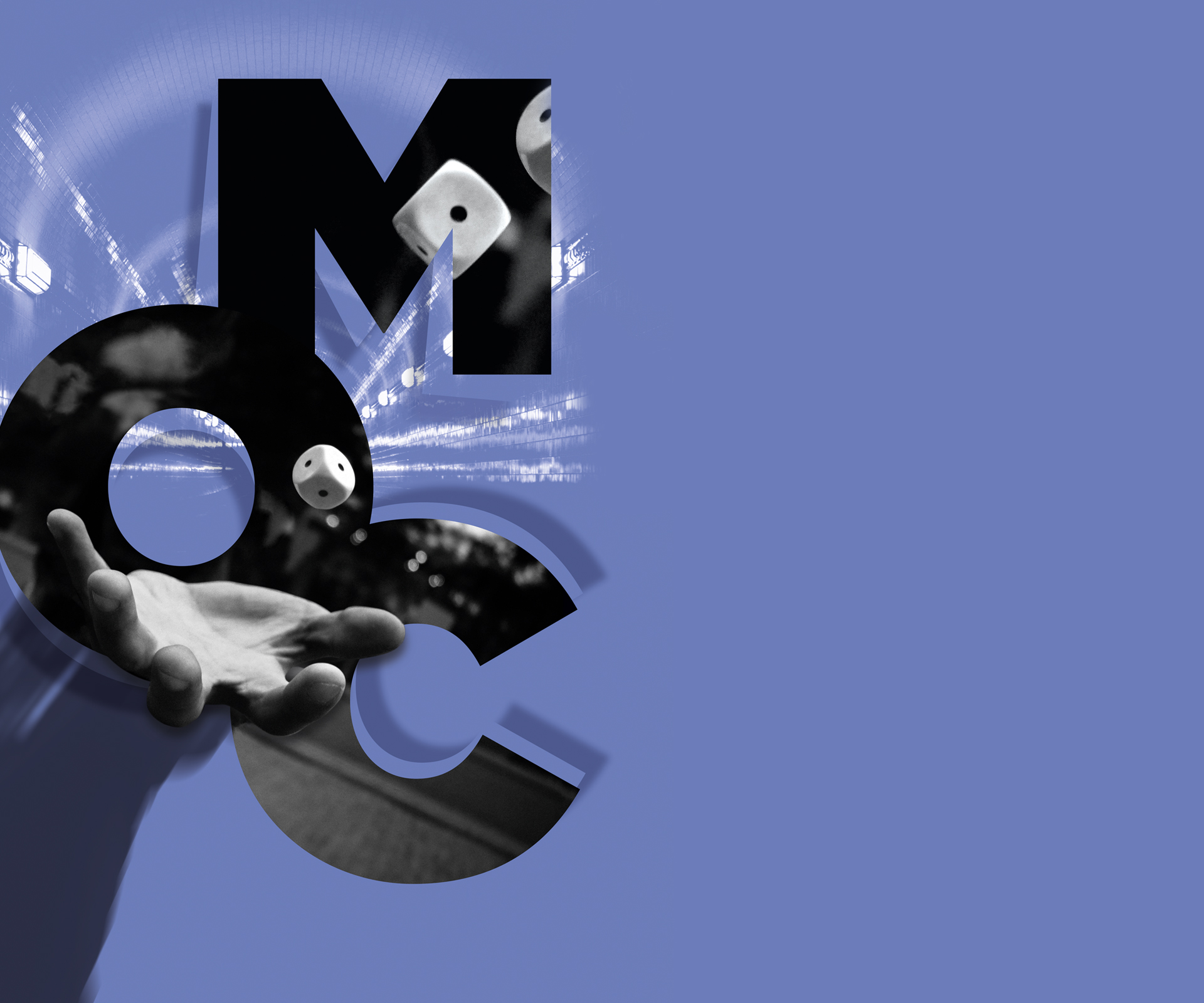
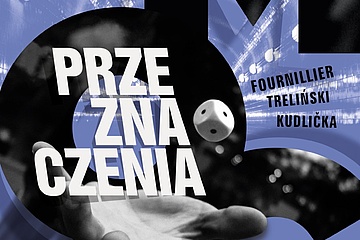
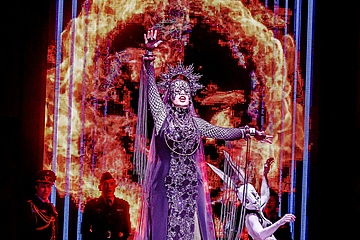
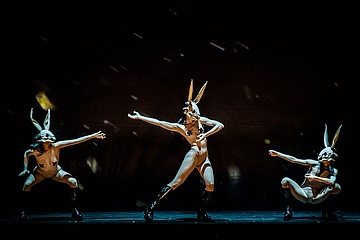
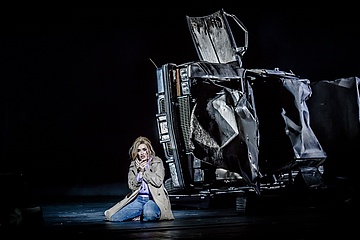
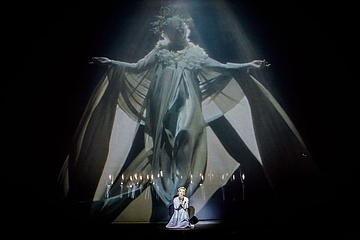
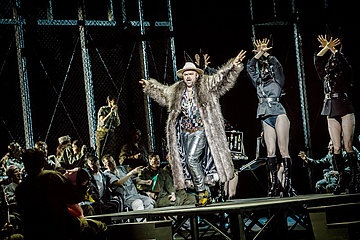
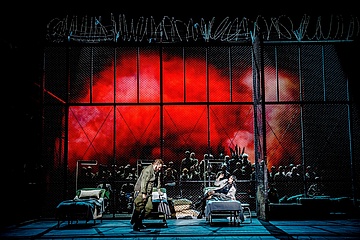
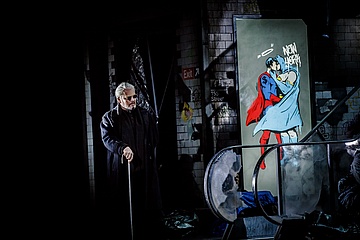
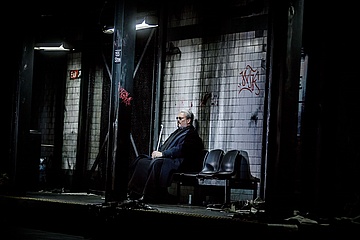
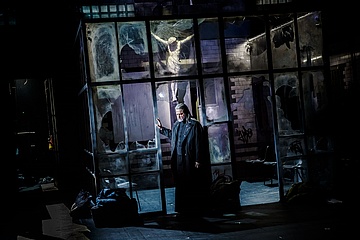
 Tomasz Konieczny
Tomasz Konieczny ![[Translate to English:]](/fileadmin/_processed_/c/d/csm_izabela_matula_2024_-_kwadrat_ac62cb7231.jpg) Izabela Matuła
Izabela Matuła  Krzysztof Szumański
Krzysztof Szumański  Tadeusz Szlenkier
Tadeusz Szlenkier  Monika Ledzion-Porczyńska
Monika Ledzion-Porczyńska  Dariusz Machej
Dariusz Machej  Mateusz Zajdel
Mateusz Zajdel 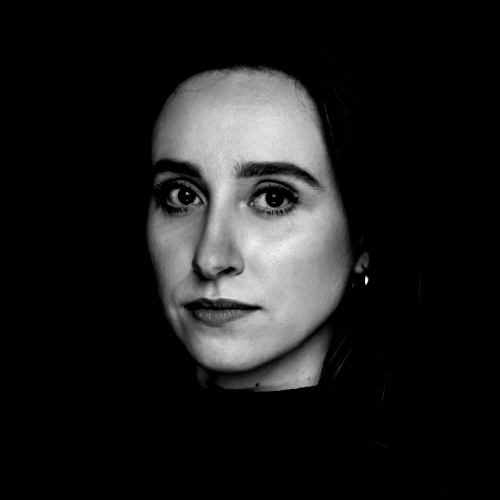 Magdalena Pluta
Magdalena Pluta  Paweł Czekała
Paweł Czekała  Michał Romanowski
Michał Romanowski  Mariusz Treliński
Mariusz Treliński  Marcin Cecko
Marcin Cecko ![[Translate to English:] Boris Kudlička](/fileadmin/_processed_/7/a/csm_Boris_Kudlicka_4424_www_8b991ee181.jpg) Boris Kudlička
Boris Kudlička  Moritz Junge
Moritz Junge ![[Translate to English:]](/fileadmin/_processed_/3/2/csm_Macko_Prusak_kwadrat_25_c079622de9.jpg) Maćko Prusak
Maćko Prusak  Marc Heinz
Marc Heinz  Bartek Macias
Bartek Macias  Waldemar Pokromski
Waldemar Pokromski  Mirosław Janowski
Mirosław Janowski ![[Translate to English:]](/fileadmin/media/img/ludzie/dyrygenci/patrick_fournilier_fot_arch_artysty_-_kwadrat.jpg) Patrick Fournillier
Patrick Fournillier ![[Translate to English:]](/fileadmin/import/media/img/ludzie/spiewacy/IZABELLA-KLOSINSKA370.jpg) Izabela Kłosińska
Izabela Kłosińska 




